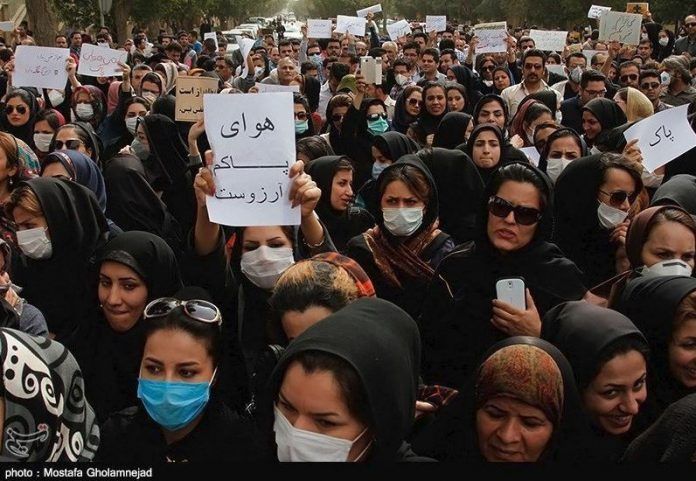There is much truth to the saying, “The simple act of trying to repress, forbid, or ban something makes it much more attractive and desirable.” This aphorism dates back to the story of Adam and Eve and the forbidden fruit in Paradise – the so-called “fall of man” and its reference to the original sin.
In most modern secular societies, civil rights and civic duties are defined within a legal framework. However, laws tend to violate civil liberties when shaped by religious doctrines. The application of the word “ban” has to be viewed in a moral and religious context rather than from a legal perspective.
Iranians have been experiencing the full scope of Sharia law and its repressive effects on every aspect of their daily lives. Visitors to the country, including foreign tourists and flight attendants, are also subject to restrictions imposed by the Islamic republic. Mandatory Islamic hijab, violation of women’s rights, and persecution of homosexuals are some examples of the repressive nature of theocratic rule.
The Islamic republic considers many issues as taboo and against religious doctrine. Denial has become a political tool for the regime and a preferred method of dealing with problems. The hindrance to openly discuss sex-related issues has unwittingly encouraged child abuse and has blurred the definition of homosexuality to include pedophilia and sodomy. A prominent Qoranic reciter, Saeed Tousi was recently accused of sexually molesting nineteen underage adolescents. While pedophilia is recognized as a serious sex crime in civilised countries, the Iranian regime has deliberately tried to quash the case against Tousi and prevent its coverage.
The Islamic republic uses either repression or denial to confront social maladies, perpetuating problems that plague the society.


